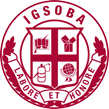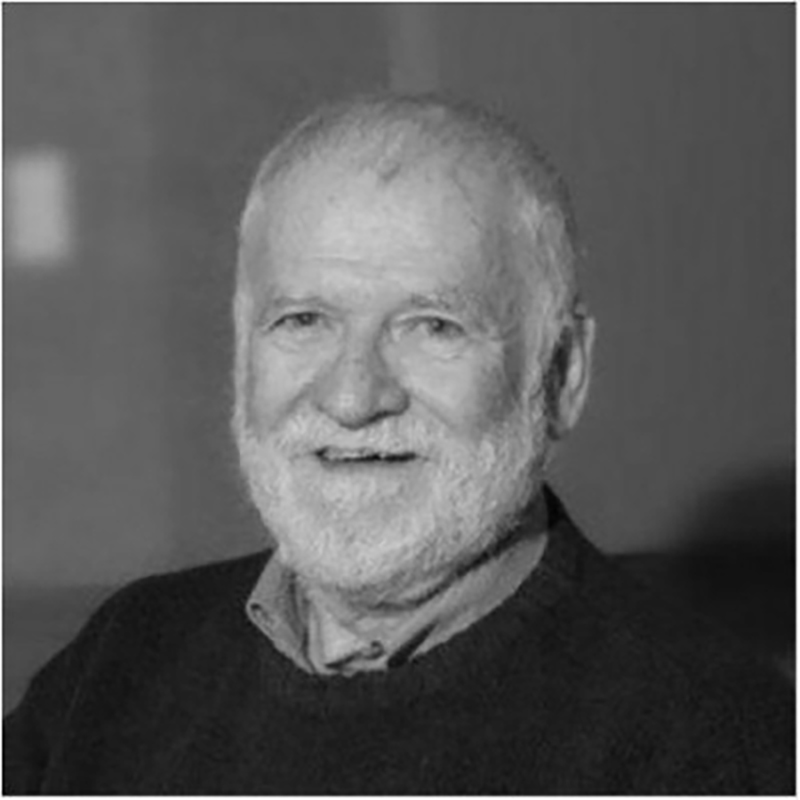
Thomas Shapcott AO (Class of 1950)
Thomas Shapcott was originally an Ipswich accountant who has become a national literary figure, publishing 11 novels and 17 poetry collections as well as various other books. Shapcott received an AO in 1989 for services to Australian Literature and Arts Administration and has also received numerous literary awards including the Patrick White Award in 2000. Shapcott retired as Professor of Creative Writing at Adelaide University. #yourplaceinhistory #igs
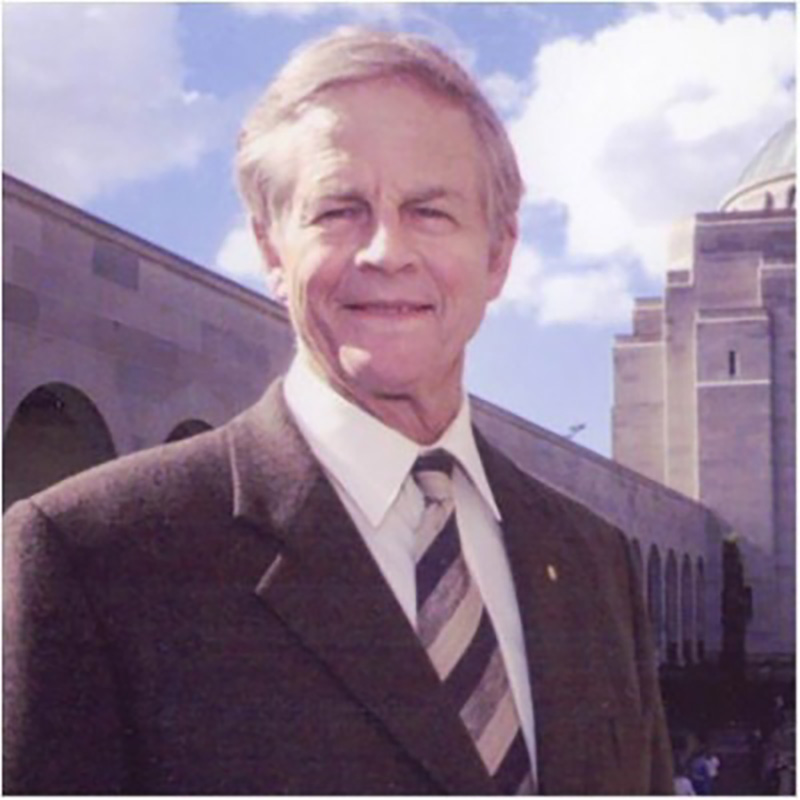
Lieutenant-General Henry John Coates AC, MBE (Class of 1951)
Lieutenant-General Henry Coates AC, MBE 1943 continued his education at the Royal Military College, Duntroon, from which he graduated in 1955, returning later as its Commandant. Coates served on exchange with the United States Army and British Army before commanding a Cavalry (Armoured Personnel Carrier) Squadron in South Vietnam from 1970-71. He was the Head of the Australian Defence Staff in Washington DC before returning to Australia to become Assistant Chief of Defence Force (Policy). In 1992 he retired as Chief of the General Staff. In retirement from the Army Coates wrote books on military history and was a Visiting Fellow at the Australian Defence Force Academy. #yourplaceinhistory #igs
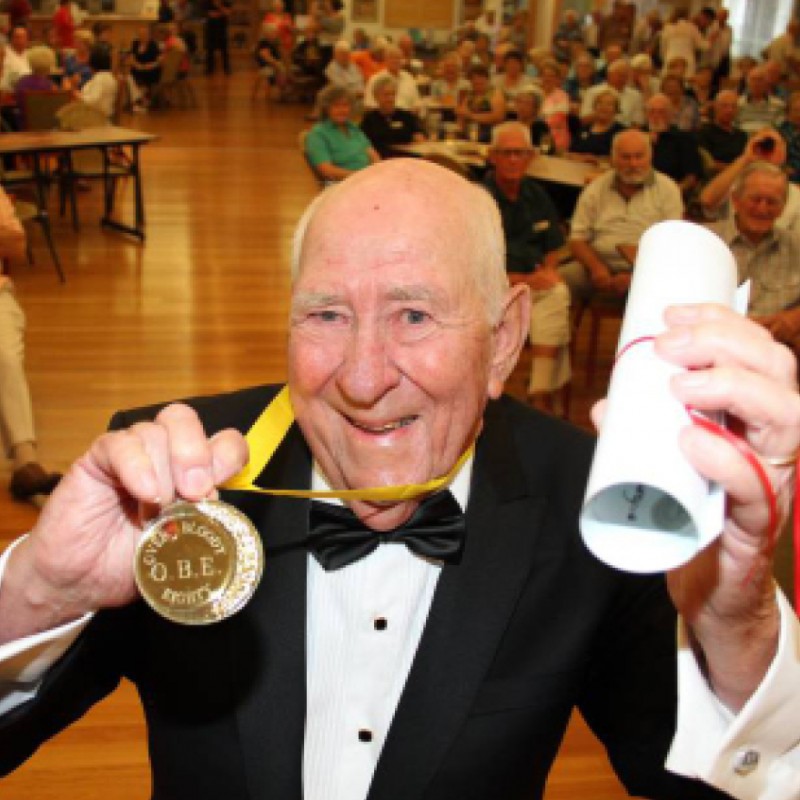
Hubert Kestell Cornish AM (Class of 1951)
After a number of years in radio Cornish switched to TV and became known as the ‘First Face on Queensland Television’. He was in front of the cameras the night Channel 9 officially began transmission. He went on to become general manager of Channel 9 later switching to Channel 7 as program manager.
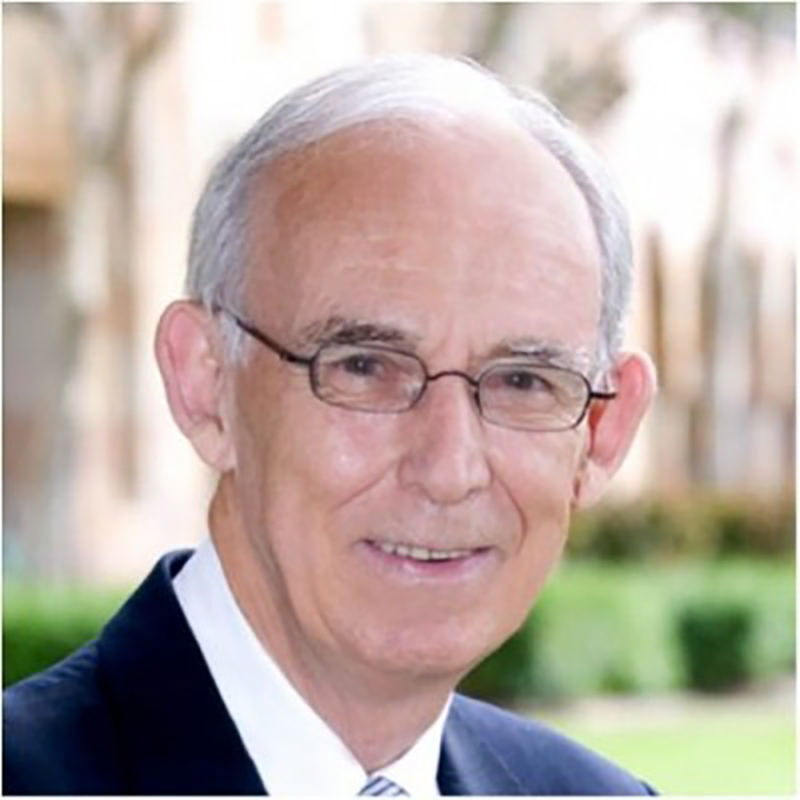
Sir Llewellyn Roy Edwards AC (Class of 1951)
Qualified as an electrician before entering the Faculty of Medicine at the University of Queensland and after graduation became a doctor in Ipswich. In 1972 he turned to politics and was elected State Member for Ipswich, later serving as Queensland Health Minister, Deputy Premier and Treasurer. In 1984 he was made a Knight Bachelor and in 1989 a Companion of the Order of Australia and was named a Queensland Great for his “exceptional contributions” to the state. Appointed Executive Chairman of Brisbane’s World Expo 88, it is a role he regards as a career highlight. Elected Chancellor of the University of Queensland in 1993, he held the office until 2009.
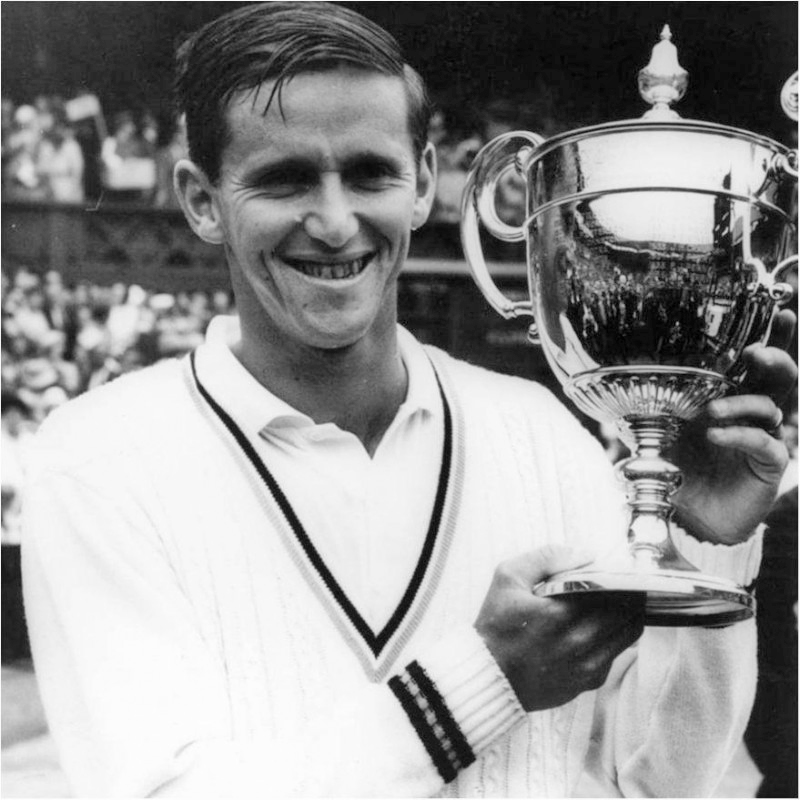
Roy Emerson (1951)
In 1951, a pupil named Roy Emerson joined the school. The tennis notes in the school magazine for that year refer to him repeatedly. The match against BGS, for example, when IGS was ‘comfortably beaten’ that year proved to be ‘exceptionally interesting, Emerson, in particular, excelling himself’.
Emerson won both the senior and junior titles in the school’s own tennis competition and was awarded his third GPS Blue for tennis. In summing up the achievements of the year, Headmaster Henderson commented that ‘The standard of tennis has been higher than for some years. In R. Emerson the school has an outstanding player who should go far in the game.’
Roy Emerson became one of the world’s all-time great tennis players. He won 12 Grand Slam singles titles and 16 Grand Slam doubles titles and is the only male player to have won singles and doubles titles at all four Grand Slam tournaments. Emerson’s 28 Men’s Grand Slam titles are an all-time record, that still stands today. #igsoldboys
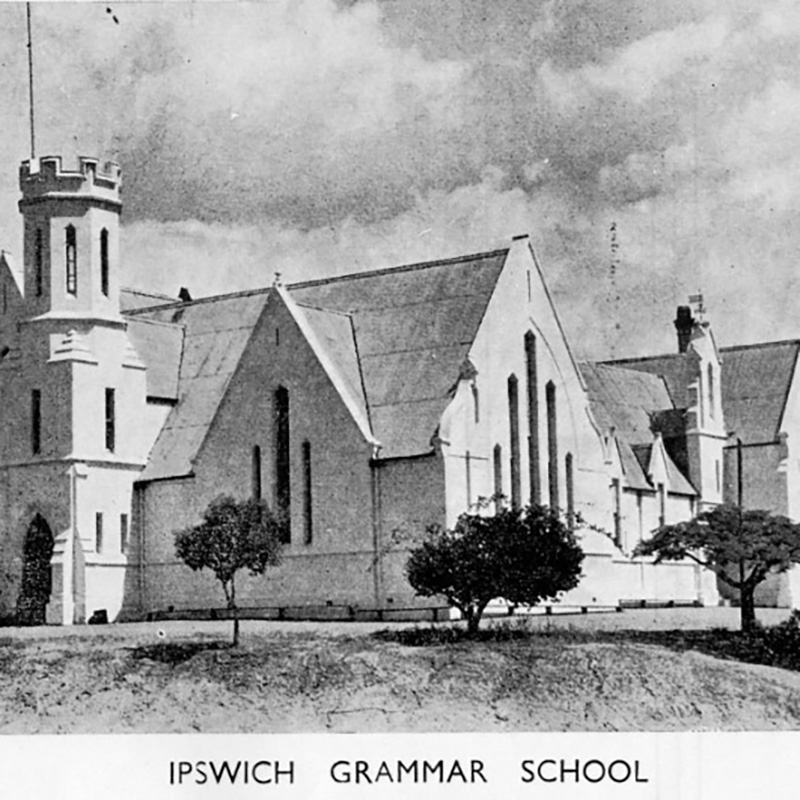
Barry Wright (Class of 1953)
Started his international rugby career at the age of 18 as captain of an Australian rugby touring team to Tonga in 1954. He also toured New Zealand with the Wallabies in 1955.
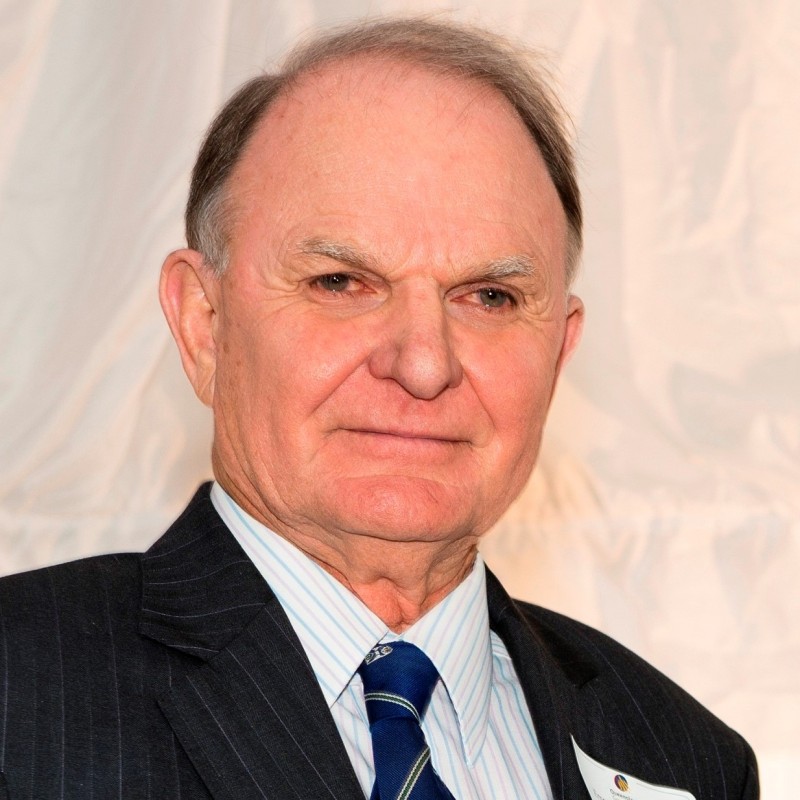
Kenneth Donald AO (Class of 1955)
Entered medical school at the University of Queensland in 1956, obtaining a Bachelor of Medicine and Bachelor of Surgery in 1962. His many contributions and leadership roles have been in pathology, basic and applied research, social and preventive medicine, medical education, healthcare administration, military medicine and veterans’ health. He was Deputy Director-General of Health in Queensland for a decade and during this period chaired the Drug Testing Committee for the 1982 Commonwealth Games. From 1992-99 he was Professor and Head of the Department of Social and Preventive Medicine at the University of Queensland and Head of the School of Medicine from 2000 until retirement in 2006. He was an outstanding all-round sportsman at school and represented Queensland at athletics and rugby, playing nine Tests for the Wallabies from 1957-60. He maintained interest in sport and was a Queensland rugby selector in the 1970s and 1980s and manager of the Wallabies from 1979-81.
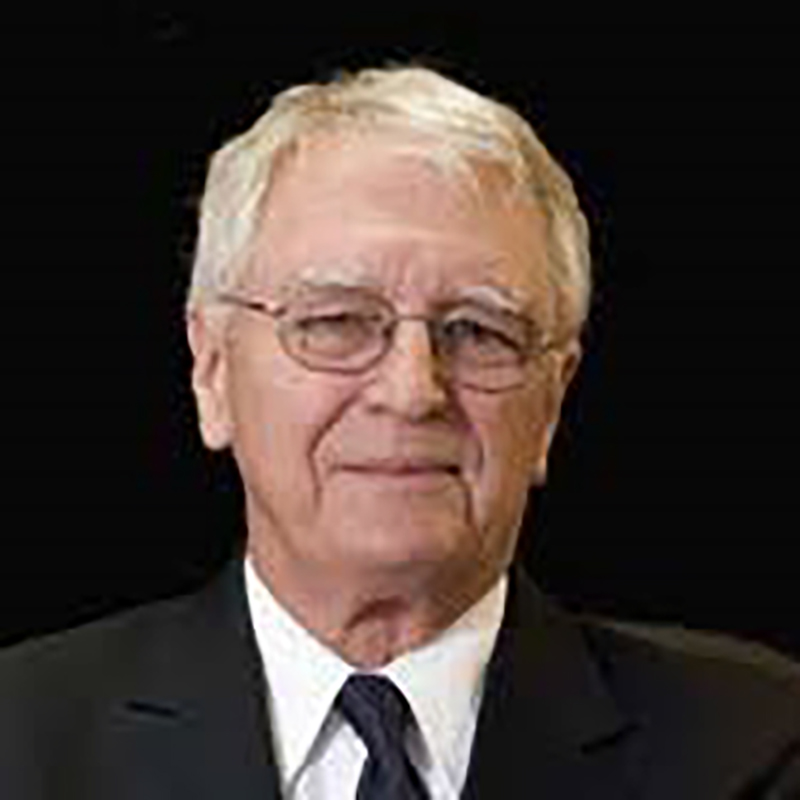
Roger Marshall OBE (Class of 1956)
Roger Marshall was awarded an OBE for his services to mining and is an honorary Life Fellow of the Australian Institute of management.
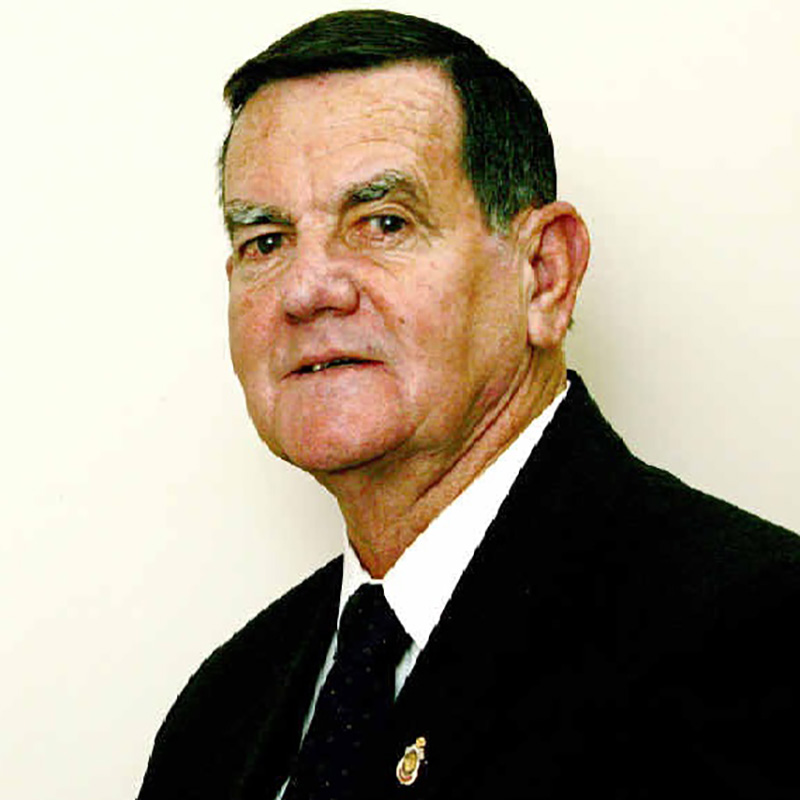
Desmond Taege OAM (Class of 1957)
Desmond Taege spent the majority of his early career as a primary school teacher in Ipswich. In 1974, he joined the National Fitness Council as area adviser for Ipswich, Moreton, Boonah and Esk local authorities. This involved the development and management of sporting and recreation facilities by providing a coordinating role between all levels of government and the community. He was chairman of Queensland Primary Schools Rugby League, was a member of the inaugural QRL coaching panel and was involved in the accreditation of coaches throughout the state. Des was awarded the Order of Australia Medal in 2005 for his voluntary services to school sport, particularly rugby league and cricket from 1958-2005.
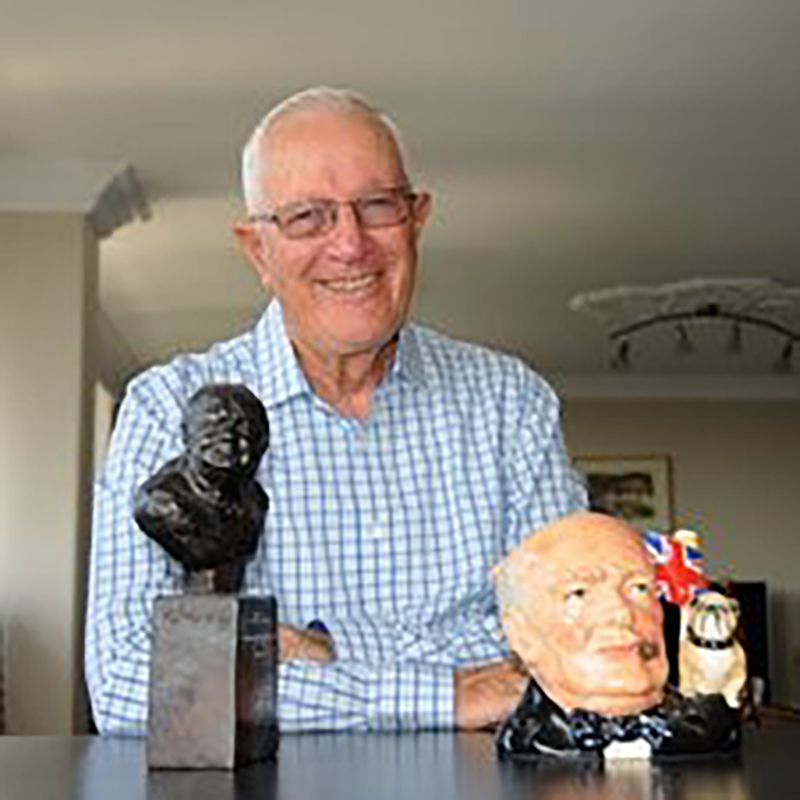
Donald “Barry” Appleton OAM, FRACP (Class of 1958)
Barry Appleton graduated in medicine at UQ in 1965. Few things are more distressing than seeing a baby or child in pain. It was the motivation and expertise of Barry Appleton to ease their pain when their anxious parents brought them to him. Barry Appleton was a young paediatrician specialising in neurology in 1971 when he was awarded a Churchill Fellowship to study the nervous system in children.
Barry’s Churchill Fellowship enabled him to spend a year at Washington University’s St Louis Hospital where he writes in his report; he had ‘exposure to people with real skills in the management of children with neurological problems.’ St Louis Hospital had six full-time child neurologists, at a time when Australia had only one.
Barry began this continuing relationship by taking the first step, which he could never have done without his Churchill Fellowship. St Louis is still regarded as a centre for excellence but Barry reflects that Australia too can now be regarded as a centre for excellence. He told oral historian Lesley Jenkins in 2009 that the epilepsy centres in Melbourne and Sydney are first-rate and that neuromuscular research is evolving and making rapid progress in this country.
During his career, he has been an adviser to the Cerebral Palsy League, the Autistic Children’s Association and the Epilepsy Association and has served as a Medical Officer in the RAAF Reserve from 1979-2001.
In 2002 Barry was awarded Medal of the Order of Australia for service to medicine, particularly in the field of paediatric neurology, to the community through the Winston Churchill Memorial Trust, and to the Australian Defence Force as a clinician. #igsoldboys
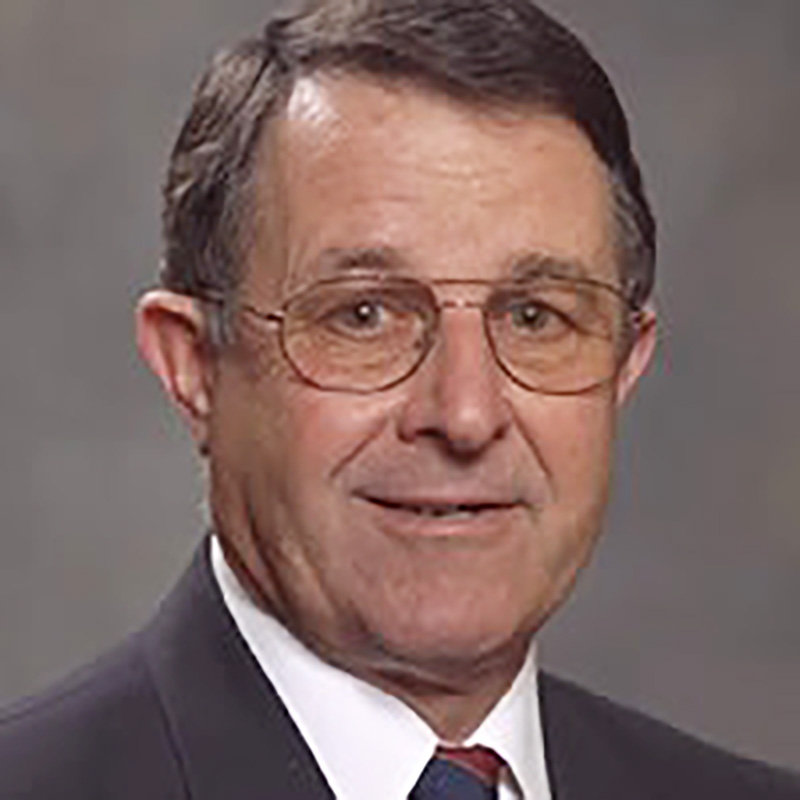
Brian Littleproud MLA (Class of 1958)
Was the Member for Western Downs in the Queensland Parliament. He was Environment Minister for in the Borbidge Government and previously was Minister for Education.
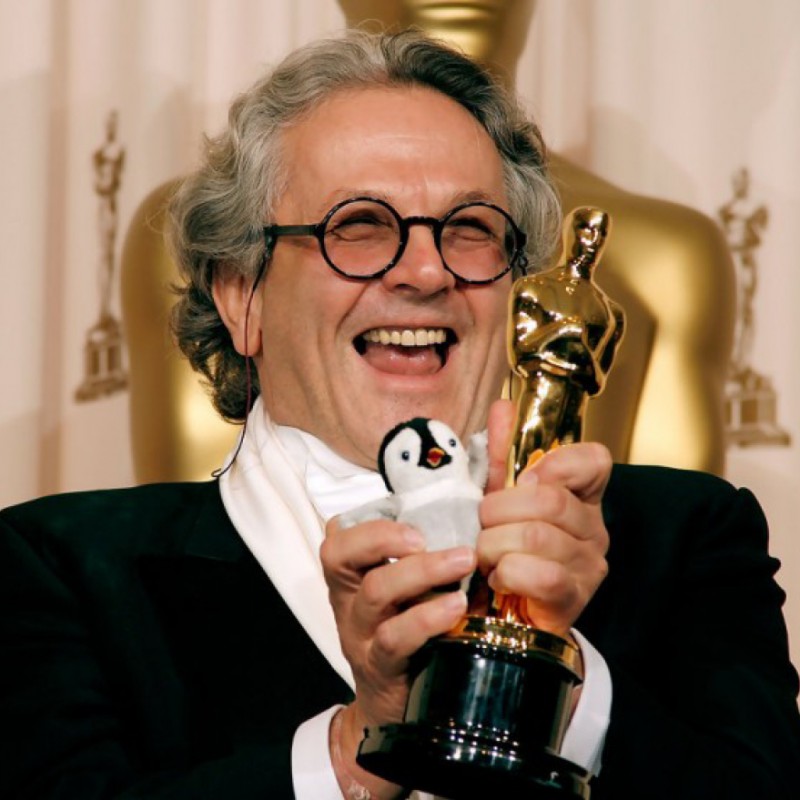
George Miller (Class of 1958)
A film director, screenwriter, producer, and medical doctor. He is best known for his work on the Mad Max movies, but has been involved in a wide range of projects including ‘Babe’, the Oscar-winning ‘Happy Feet’ and a number of Australian television miniseries including ‘The Dismissal’ and ‘The Cowra Breakout’.
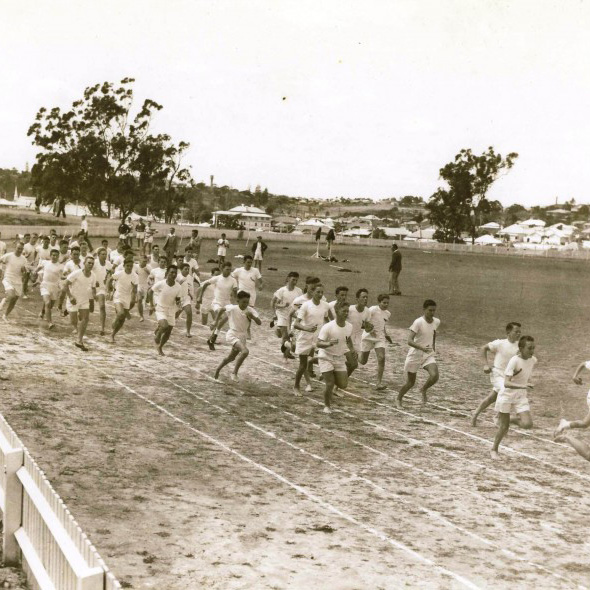
Arthur W. Busch (Class of 1958)
Played Hockey for Australia at the Mexico Olympic Games in 1968 as goal keeper. Australia won the silver medal, being defeated in the final by Pakistan after beating India in the semi-final.
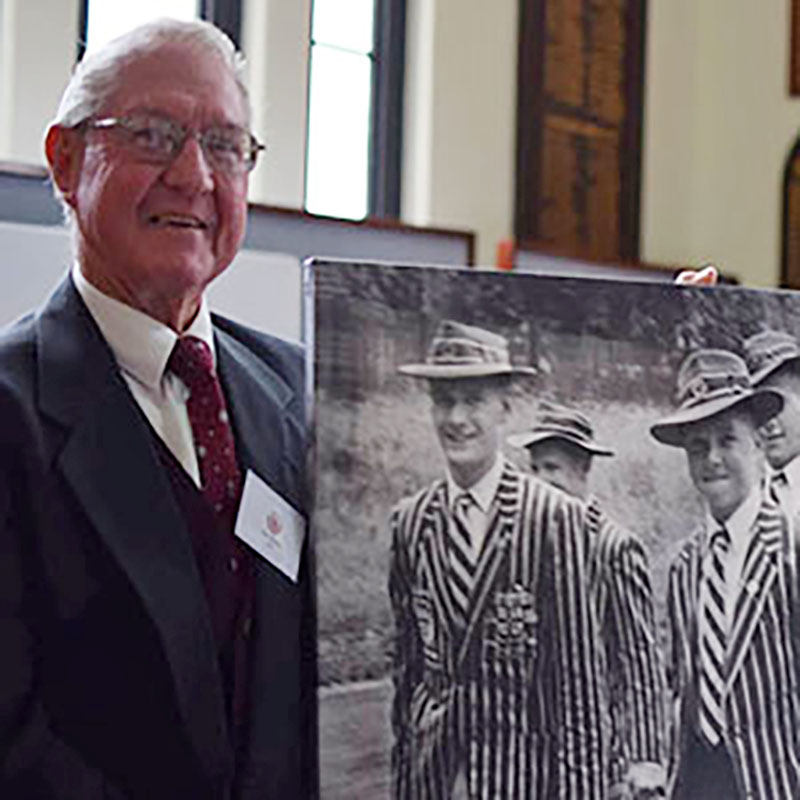
John “Johnny” Brown (Class of 1959)
In 1959, as a reward for two back-to-back cricket premierships, a party of eighteen cricketers and masters went on the first IGS cricket tour, to Sydney. They were only the third school in Queensland to venture south to play a round of matches and it was considered quite a triumph, as well as an enormous adventure for a group of boys who had never travelled further than Brisbane.
The team was farewelled at the railway station by the whole school. ‘As the train left the platform, the travellers were sped on their way with the school war cry, bellowed full-throatedly by some 200 sympathisers’, recorded the Queensland Times. The success of the tour was under-15 player Johnny Brown, who impressed Sydney critics with his spin bowling, which included a hat-trick against Scots College. The photo of the boys departing Ipswich would later become one of the many iconic photographs showcasing the history of Ipswich Grammar School.
Brown later went on to represented Queensland in rugby league and cricket. In 1969 Johnny was awarded the Rothman’s Medal for the best and fairest rugby league player in Queensland and in 1970 he was selected in the Australian team for the Rugby League World Cup in England. He also represented Queensland in Sheffield Shield matches from 1964-66 as an opening batsman. After his playing days he became ABC Queensland’s ball-by-ball cricket commentator for 12 years and also a TV rugby league commentator. From 1982-85 he spent a term as an elected councillor with Ipswich City Council. #igsoldboys
